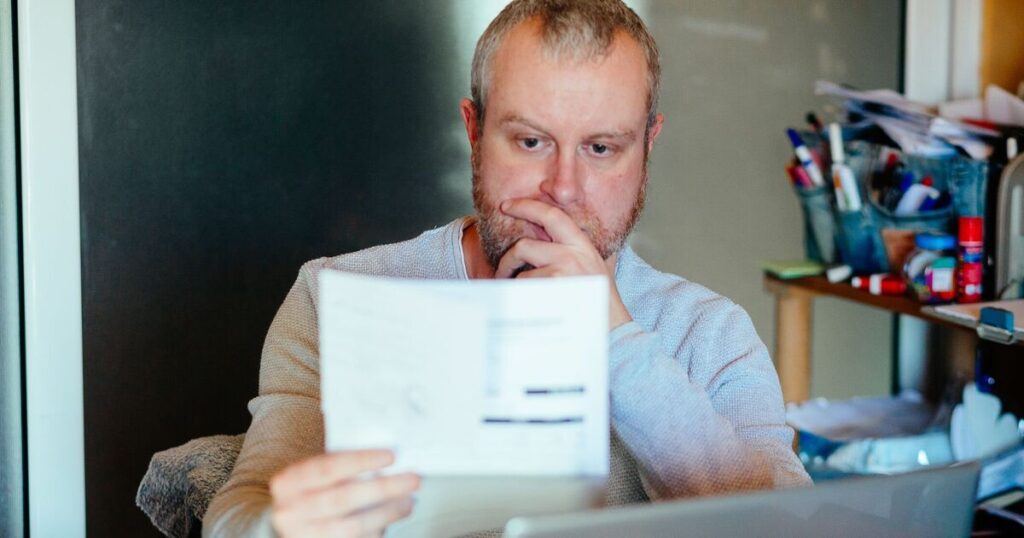
£9.5 billion was incorrectly paid to benefit claimants, accounting for 3.3 per cent of the total benefits expenditure according to the recently released annual ‘Fraud and error in the benefit system’ report. Which assesses the incorrect payments made by the Department of Work and Pensions (DWP) during the 2024/25 financial year through overpayments or underpayments.
The DWP is set to conduct another fraud and error review for the 2025/26 financial year. It has confirmed that it will be assessing sample cases from six benefits for ‘unfulfilled eligibility’ throughout the current financial year according to the Daily Record.
The DWP previously shared in its unfulfilled eligibilty report: « Sometimes people tell us the wrong information or do not tell us when their circumstances change. Reporting accurate information and providing evidence may change the amount of benefit people are eligible for and in some circumstances, they may be eligible for more money. »
« However, we cannot calculate the correct amount unless people tell us accurately about their circumstances. This means that people are not eligible for increases in the amount of money they receive until we have the correct information. »
The DWP will be assessing sample cases from six benefits for ‘unfulfilled eligibility’:
- Universal Credit
- Housing Benefit (pension age, both passported and non-passported cases)
- Pension Credit
- State Pension
- Personal Independence Payment
- Disability Living Allowance for children
The DWP outlines the three types of fraud and error.
Fraud
Claims where all three of the following conditions are met:
- The conditions for receipt of benefit, or the rate of benefit in payment, are not being met
- The claimant can reasonably be expected to be aware of the effect on their entitlement
- Benefit payment stops or reduces as a result of the claim review
Claimant Error (unfulfilled eligibility)
An overpayment has occurred where the claimant has provided inaccurate or incomplete information, or failed to report a change in their circumstances, but there is no evidence of fraudulent intent on the claimant’s part.
Official Error
The benefit has been paid incorrectly due to a failure to act, a delay or a mistaken assessment by DWP, a local authority or HM Revenue and Customs (HMRC), to which no one outside of that department has materially contributed.
DWP plans to publish the 2025/26 findings in May next year.
